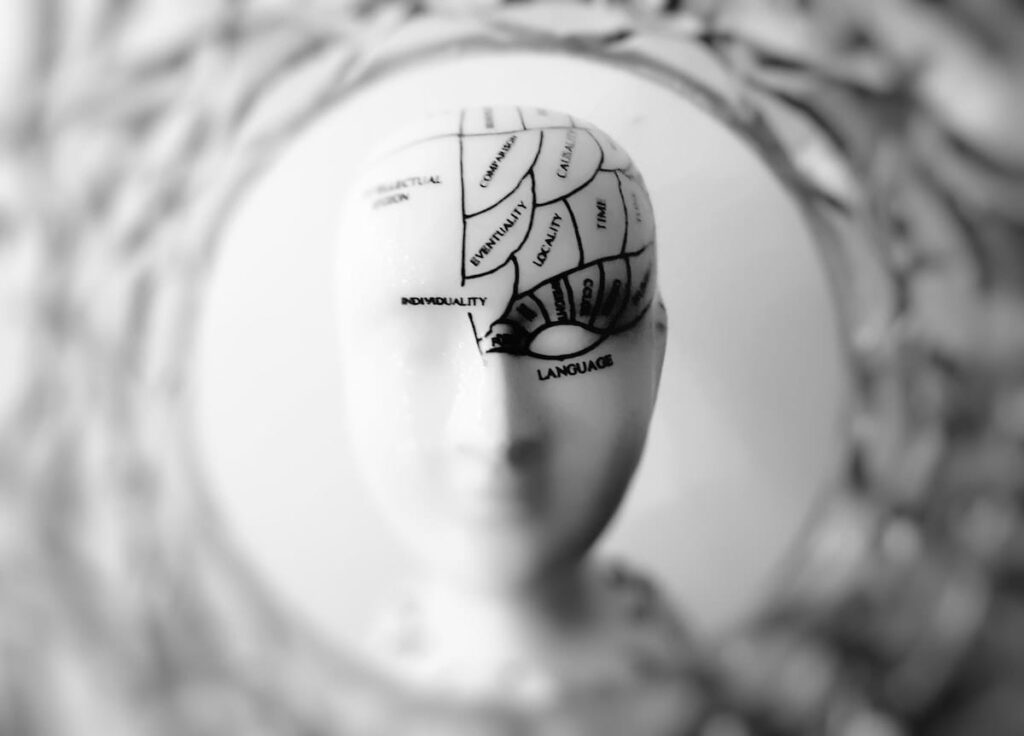Home > Teen Health > Teenage Brain
Making Sense of the Teenage Brain
The Mayo Clinic refers to the brain as the most complex organ in the human body.
 As is true with all aspects of development and maturation, there are typical timeframes and stages at which various thresholds and milestones are commonly reached in regards to one’s brain. Adolescence is a time of immense physical, emotional, and developmental growth. Teenagers undergo significant physiological changes, including shifts in hormone levels, physical growth spurts, brain maturity, and more. The various transformations a teenage brain goes through during adolescence may be the most notable shift that occurs. However, it is important to note that there are several areas of a teenage brain that have yet to develop, which can be the reason behind some of the seemingly thoughtless teenage behaviors that are commonly exhibited. In order to gain a better understanding of teenagers and the choices they may make, it is helpful to have a broad understanding of the inner workings of the teenage brain.
As is true with all aspects of development and maturation, there are typical timeframes and stages at which various thresholds and milestones are commonly reached in regards to one’s brain. Adolescence is a time of immense physical, emotional, and developmental growth. Teenagers undergo significant physiological changes, including shifts in hormone levels, physical growth spurts, brain maturity, and more. The various transformations a teenage brain goes through during adolescence may be the most notable shift that occurs. However, it is important to note that there are several areas of a teenage brain that have yet to develop, which can be the reason behind some of the seemingly thoughtless teenage behaviors that are commonly exhibited. In order to gain a better understanding of teenagers and the choices they may make, it is helpful to have a broad understanding of the inner workings of the teenage brain.
Frontal Cortex and Amygdala
The frontal cortex is the area of the brain that governs one’s reasoning, ability to problem-solve, plan, and control impulses. When the frontal cortex is fully developed it helps a person think before he or she acts. The frontal cortex also happens to be one of the last areas of the brain that develops, often continuing to change and mature well into adulthood. As such, a teenager must rely on the amygdala to solve problems and make decisions. The amygdala is the area of the brain that is associated with emotions, instinctive behavior, impulses, and aggression. It is also where emotions are given meaning, remembered, and stored. The amygdala is how strong emotions (i.e. fear and pleasure) are processed. The amygdala is also responsible for activating the fight-flight response when feeling threatened and/ or afraid. Because the teenage frontal cortex is underdeveloped, teenagers innately make nearly all decisions from an emotional standpoint, as they are processed through the amygdala.
Regardless of areas of a teen’s brain that may be underdeveloped, a teenager will create neural pathways. Neural pathways that are developed during adolescence do not necessarily endure into adulthood. The brain is a continuously evolving organ. Even when all areas of a brain have fully developed, its growth and maturation does not cease to continue. Neural pathways are developed through synaptic connections that occur in one’s brain, directly resulting from a person’s habits and behaviors. Neural pathways strengthen with repetition, and can similarly become obsolete without repetition.
What to Expect From the Teenage Stage of Brain Development
A teenage brain is not fully developed. Furthermore, a person’s brain will not reach its full development until age twenty-five, at the earliest. Research has indicated that the brain of an adult works differently than that of an adolescent, particularly as it relates to problem solving and decision-making. Based on the stage of brain development of a teenager, they are more likely to exhibit the following:
- Misinterpret social cues
- Act impulsively
- Misread emotions
- Instigate and/ or participate in fights
- Engage in risky behavior
Teenagers are less likely to:
- Pause to consider the potential consequences of their actions
- Think before they act
- Course-correct exhibiting inappropriate behaviors
- Initiate adjusting dangerous behaviors without intervention
There is an erroneous notion that teenagers intentionally use poor judgment, when in fact, their brains have not developed to the point that enables them to even consider using good judgment. This, however, does not imply that teenagers cannot distinguish the difference between right and wrong. Nor does it mean that teens are unable to make good decision. Understanding the above can help a parent learn to effectively manage the behaviors that may present during adolescence.
For Information and Support
Seeking help is never easy, but you are not alone! If you or someone you know is in need of mental health treatment, we strongly encourage you to reach out for help as quickly as possible. It is not uncommon for many mental health difficulties to impact a person for the long term. The earlier you seek support, the sooner you and your loved ones can return to happy, healthy and fulfilling lives.
Our admissions team is available to answer any general questions regarding mental health issues, treatment, and/or specific questions about the program at Pacific Teen Treatment and how we might be able to help your family. We can be reached by phone 24/7 at 800-531-5769.


